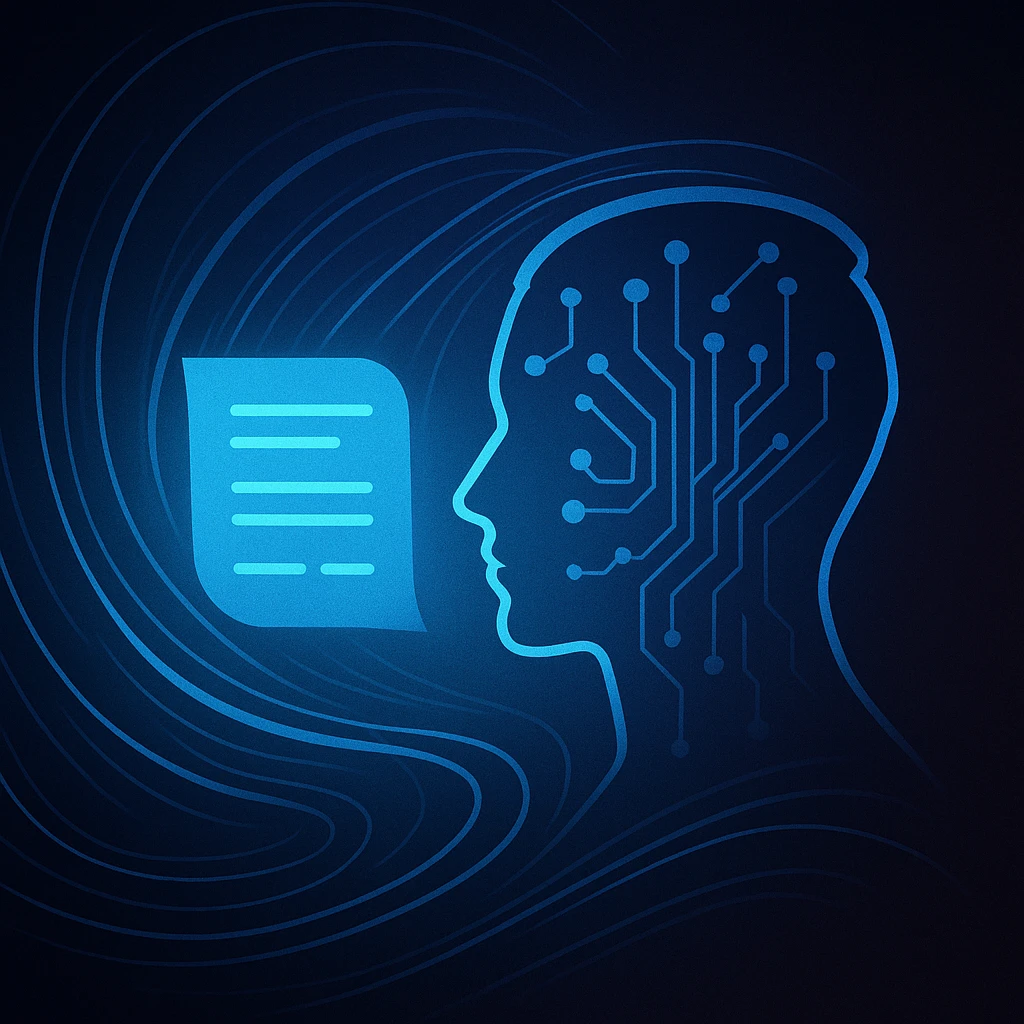
Personalised Coaching & Skill Development
Actors of every level strive to expand their range and polish their technique. Artificial intelligence is becoming a trusted mentor on this journey. Using classification, regression and clustering techniques, AI platforms analyse recordings of rehearsals, auditions and performances to pinpoint areas for improvement. Classification models label emotional beats and gestures, regression models estimate timing and pacing relative to script beats, and clustering groups similar vocal or physical patterns across takes. The resulting feedback helps performers identify habits they might not notice on their own.
Coaching tools harness sensors and computer vision to deliver real‑time insights. Wearables track breathing and posture, microphones measure projection and articulation, and cameras capture subtle shifts in expression. Machine‑learning algorithms compare these inputs against databases of exemplary performances and generate personalised drills to strengthen weak areas. Interactive dashboards chart progress over time, guiding actors through breathing exercises, diction drills or improvisation games tailored to their individual needs.
Such personalised guidance is no longer limited to elite actors. Mobile apps and web platforms democratise access to high‑quality coaching, offering customised feedback on monologues and self‑tapes. Generative models create new scene partners and scenarios on demand, letting actors practise against a variety of characters and situations. Aspiring performers in remote areas can receive targeted instruction previously available only in major acting schools. By combining predictive analytics with creative exercises, AI coaching helps build confidence and versatility.
Yet these tools must respect the artistry and privacy of performers. Data collected from cameras and microphones can reveal sensitive information about a person’s appearance, voice and mannerisms. Algorithms trained on narrow datasets may reinforce certain aesthetics or favour specific accents or body types. Responsible platforms should ensure transparent consent, anonymise data and incorporate diverse training examples. Human mentors will always play a vital role in nurturing empathy, spontaneity and authenticity—qualities that numbers alone cannot capture.
Back to articles